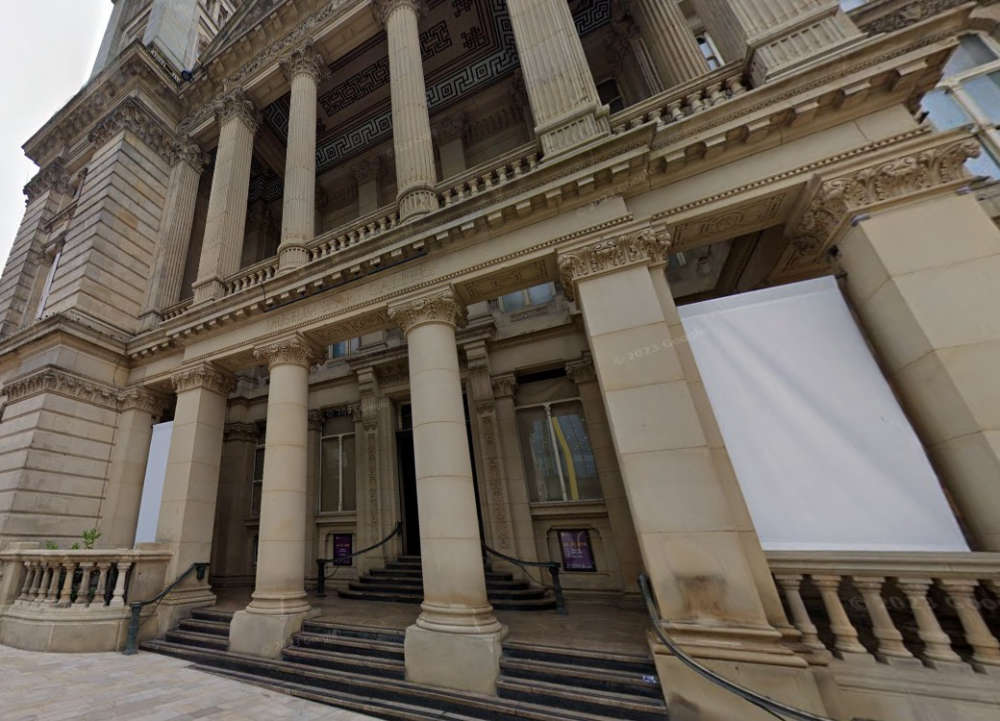
Cultural leaders in Birmingham have said some of the city’s most popular museums are at a “critical crossroads” as plans to ensure their futures were revealed.
Birmingham Museums Trust, which operates several attractions, has unveiled a five-year strategy to reshape the city’s museum landscape amid a “challenging” environment across the culture sector.
It said its vision was set out “within the context of the city council’s financial constraints and wider sector funding challenges”, with one focus securing alternative revenue streams.
The Trust operates six historical sites – Aston Hall, Blakesley Hall, Museum of the Jewellery Quarter, Sarehole Mill, Soho House and Weoley Castle.
But it warned current funding was “inadequate to maintain, open and deliver a visitor experience at these”. Under the new plans, the Trust said it would continue to work with Birmingham City Council on a long-term solution to fund access to these sites so they “can remain open beyond 2025”.
“We will also engage with Birmingham’s communities to understand their needs from these sites and how communities and organisations could play a greater role in their operation,” it said. This could lead to working with special interest groups; hiring out spaces to local workers such as creatives and artists; hosting pop-up markets and renting spaces to educational organisations.
If the Trust’s “radical” plans succeed, it would also mean Birmingham Museum and Art Gallery (BMAG) would be fully reopen by 2031.
The city’s cultural gem, next to Birmingham City Council House, closed in 2020 for essential maintenance works but partially reopened in 2022 for the Commonwealth Games. It reopened in phases last year, with a number of spaces such as the Round Room Gallery welcoming members of the public for the first time in years.
But the majority of spaces in the attraction are still not in use. On how BMAG could be transformed, the Trust says: “We will upgrade Birmingham Museum & Art Gallery’s spaces (front and back of house) to increase its civic use.
“[This would offer] a wider range of experiences, activities and uses to benefit all of Birmingham’s communities and the economy.”
The new strategy would also have implications for Thinktank, another popular museum in the heart of the city. “We will enhance the visitor experience at Thinktank with modern, flexible exhibition spaces, an upgraded planetarium, a better environment to show more collections, and an expanded commercial offer,” it said.
It is also advancing plans for a new museum of science, which the Trust says could “elevate” its role as a leader on STEAM engagement – including natural science – across the city.
Meanwhile the Museum Collection Centre requires “major capital investment” to create a publicly accessible, modern centre on the current site with state of-the-art facilities.
Birmingham Museums Trust said it was developing a five-year rolling programme of maintenance and repair for its sites, as well as a capital fund to support this.
“Our museums are at a critical crossroads,” Sara Wajid and Zak Mensah, co- chief executives of Birmingham Museums Trust, said. “This strategy is about resilience, reinvention and making sure Birmingham’s cultural treasures remain accessible and relevant to all.
“It is an unapologetically ambitious plan to invest in the city’s greatest cultural asset, to create a world class museum service.”
They added: “We are committed to fostering a more democratic, inclusive approach to heritage, ensuring that every community sees themselves reflected in our spaces and stories.”
The strategy includes plans for a large-scale digitisation programme to better connect its sites; a net zero roadmap; new “immersive” exhibitions and a cultural citizenship research centre.
It was developed with recommendations from its citizens’ jury and “extensive” audience research, as well as support from The National Lottery Heritage Fund.
“We’re proud to have supported Birmingham Museums Trust in developing a strategy that places community connection and long-term sustainability at its core,” Liz Bates, Director, England, Midlands & East at The National Lottery Heritage Fund, said.
“Supporting museums to adapt and remain relevant is important for our vision for heritage.”
Several issues have contributed to the financial woes at the Labour-run city council, including the equal pay debacle, inadequate budget setting, poor service management, demand led pressures and the disastrous implementation of a new IT system.
The resulting blame game has seen local Labour politicians point to the impact of funding cuts from the previous Conservative government.












Comments
Add a comment